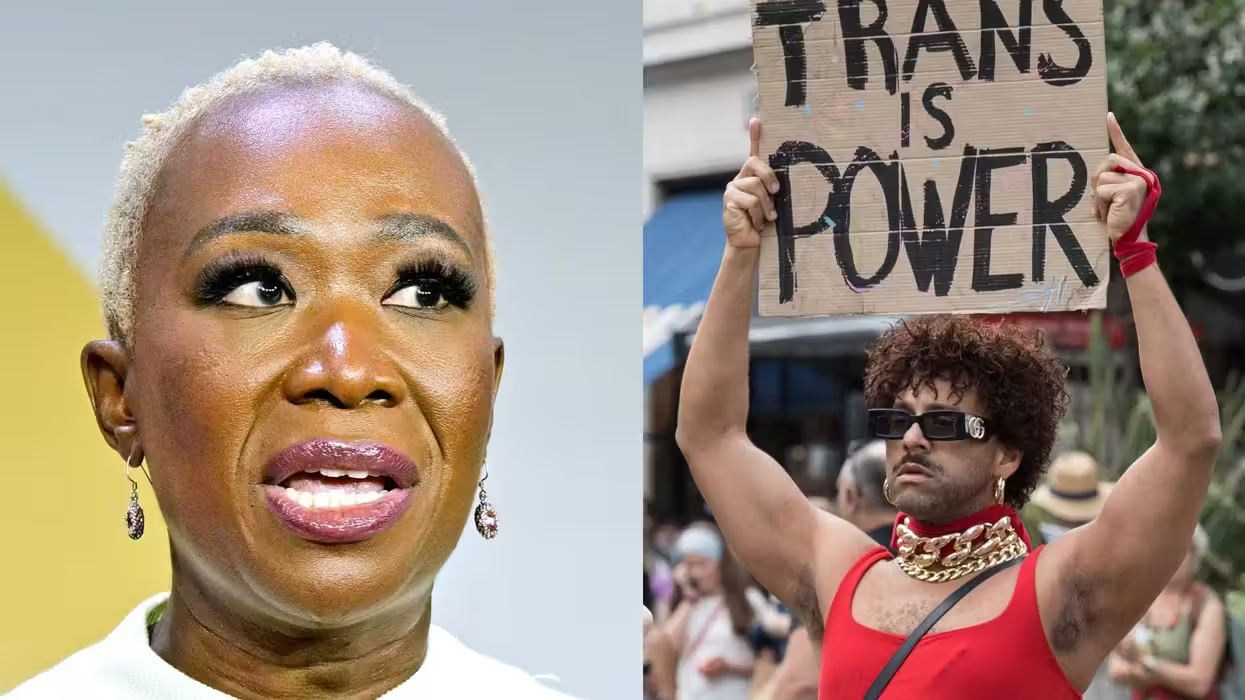Attorney General Eric Holder on Tuesday rejected the idea that reduced crime rates over the last few decades can be linked to longer prison terms and higher incarceration rates, and instead cited new evidence that he said shows the nation can shorten prison sentences and still end up with less crime.
In a speech on federal sentencing reforms in New York, Holder said the entire U.S. prison population has increased by 800 percent since 1980, and acknowledged that crime rates have dropped. But he said those two changes are not related in any significant way.
 U.S. Attorney General Eric Holder delivers a keynote speech at New York University's law school, Tuesday, Sept. 23, 2014, in New York. According to Holder, the Justice Department expects to end the current budget year next week with a federal prison population of roughly 215,000 inmates. The prison population has dropped in the last year by roughly 4,800, the first time in several decades that the inmate count has gone down, according to the Justice Department. (AP Photo/Julio Cortez)
U.S. Attorney General Eric Holder delivers a keynote speech at New York University's law school, Tuesday, Sept. 23, 2014, in New York. According to Holder, the Justice Department expects to end the current budget year next week with a federal prison population of roughly 215,000 inmates. The prison population has dropped in the last year by roughly 4,800, the first time in several decades that the inmate count has gone down, according to the Justice Department. (AP Photo/Julio Cortez)
"We can all be proud of the progress that's been made at reducing the crime rate over the past two decades – thanks to the tireless work of prosecutors and the bravery of law enforcement officials across America," he said in his prepared remarks. "But statistics have shown – and all of us have seen – that high incarceration rates and longer-than-necessary prison terms have not played a significant role in materially improving public safety, reducing crime, or strengthening communities."
Holder cited a recent report showing that states with the biggest drops in the crime rate have also seen reductions in their prison populations.
"States that took drastic steps to reduce their prison populations – in many cases by percentages well into the double digits – saw crime go down as well," he said. "And the one state – West Virginia – with the greatest increase in its incarceration rate actually experienced an uptick in crime."
Holder has been pushing for reduced sentences for nonviolent drug offenders, and in May, the U.S. Sentencing Commission published a rule that would reduce the average drug sentence by 11 months.
The commission said it expects this change to reduce the federal prison population by 6,500 over five years.
Holder said that over the past year, the federal prison population fell by about 4,800 due to the administration's effort to give prosecutors discretion in criminal cases. He also said the U.S. needs to take a more holistic view of sentencing that ensure prisoners are able to leave prison with a low risk of returning.
Holder said the U.S. "will never be able to prosecute or incarcerate its way to becoming a safer nation." But he said focusing on tough and lengthy sentences has created conditions that lead to even more crime, and said this must be reversed.
"[F]or far too long – under well-intentioned policies designed to be 'tough' on criminals – our system has perpetuated a destructive cycle of poverty, criminality, and incarceration that has trapped countless people and weakened entire communities – particularly communities of color," he said in his prepared remarks.

 U.S. Attorney General Eric Holder delivers a keynote speech at New York University's law school, Tuesday, Sept. 23, 2014, in New York. According to Holder, the Justice Department expects to end the current budget year next week with a federal prison population of roughly 215,000 inmates. The prison population has dropped in the last year by roughly 4,800, the first time in several decades that the inmate count has gone down, according to the Justice Department. (AP Photo/Julio Cortez)
U.S. Attorney General Eric Holder delivers a keynote speech at New York University's law school, Tuesday, Sept. 23, 2014, in New York. According to Holder, the Justice Department expects to end the current budget year next week with a federal prison population of roughly 215,000 inmates. The prison population has dropped in the last year by roughly 4,800, the first time in several decades that the inmate count has gone down, according to the Justice Department. (AP Photo/Julio Cortez)





